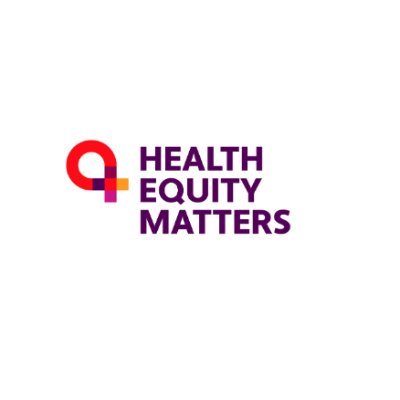
How CPD can support diversity, equity and inclusion (DEI) in your practice Professional, Health Advocate
Guide index
 Library > Library guides > Professional development hub > CPD for clinical support roles
Library > Library guides > Professional development hub > CPD for clinical support roles
Key areas to consider in planning your CPD include:
Practice evaluation (category 1)
Knowledge & skills (category 2)
 The college welcomes suggestions on additional resources and topics for CPD on equity, diversity and inclusion.
The college welcomes suggestions on additional resources and topics for CPD on equity, diversity and inclusion.

 Unconscious Bias Toolkit
by
The following toolkit, developed by the Gender Equity Sub-Committee, provides an introduction to unconscious bias. It explains how unconscious bias influences the care our patients receive and the professional endeavours of our members. It also provides strategies and resources to identify and mitigate the effects of unconscious bias.
Unconscious Bias Toolkit
by
The following toolkit, developed by the Gender Equity Sub-Committee, provides an introduction to unconscious bias. It explains how unconscious bias influences the care our patients receive and the professional endeavours of our members. It also provides strategies and resources to identify and mitigate the effects of unconscious bias.










 Cultural Competence in Australia: A Guide
by
This report, Cultural Competence in Australia: A Guide, explores: • the importance and benefits of developing culturally and linguistically diverse workforces and its link with organisational cultural competence • markers of organisational cultural competence • cultural competence training.
Cultural Competence in Australia: A Guide
by
This report, Cultural Competence in Australia: A Guide, explores: • the importance and benefits of developing culturally and linguistically diverse workforces and its link with organisational cultural competence • markers of organisational cultural competence • cultural competence training.
 LGBTIQA+ Inclusive Language Guide
by
This guide is for public sector employees. Use it to ensure you use inclusive language for LGBTIQA+ people.
The guide aims to support public sector entities and their employees. We all have a responsibility to make Victoria a safer, fairer and more inclusive place for everyone.
Language is very powerful. It ca
LGBTIQA+ Inclusive Language Guide
by
This guide is for public sector employees. Use it to ensure you use inclusive language for LGBTIQA+ people.
The guide aims to support public sector entities and their employees. We all have a responsibility to make Victoria a safer, fairer and more inclusive place for everyone.
Language is very powerful. It ca
Quick links
About ANZCA
Copyright © Australian and New Zealand College of Anaesthetists.